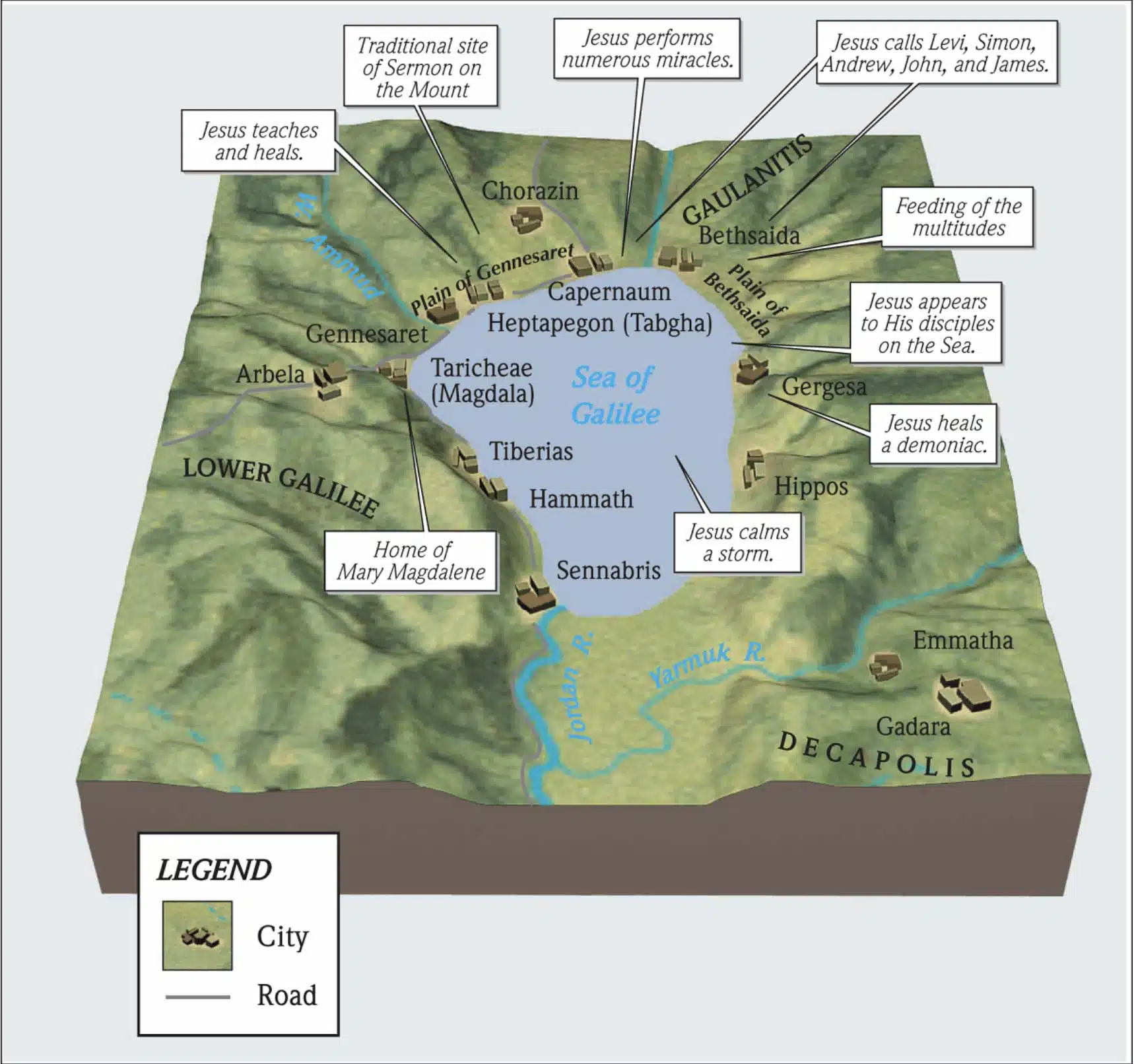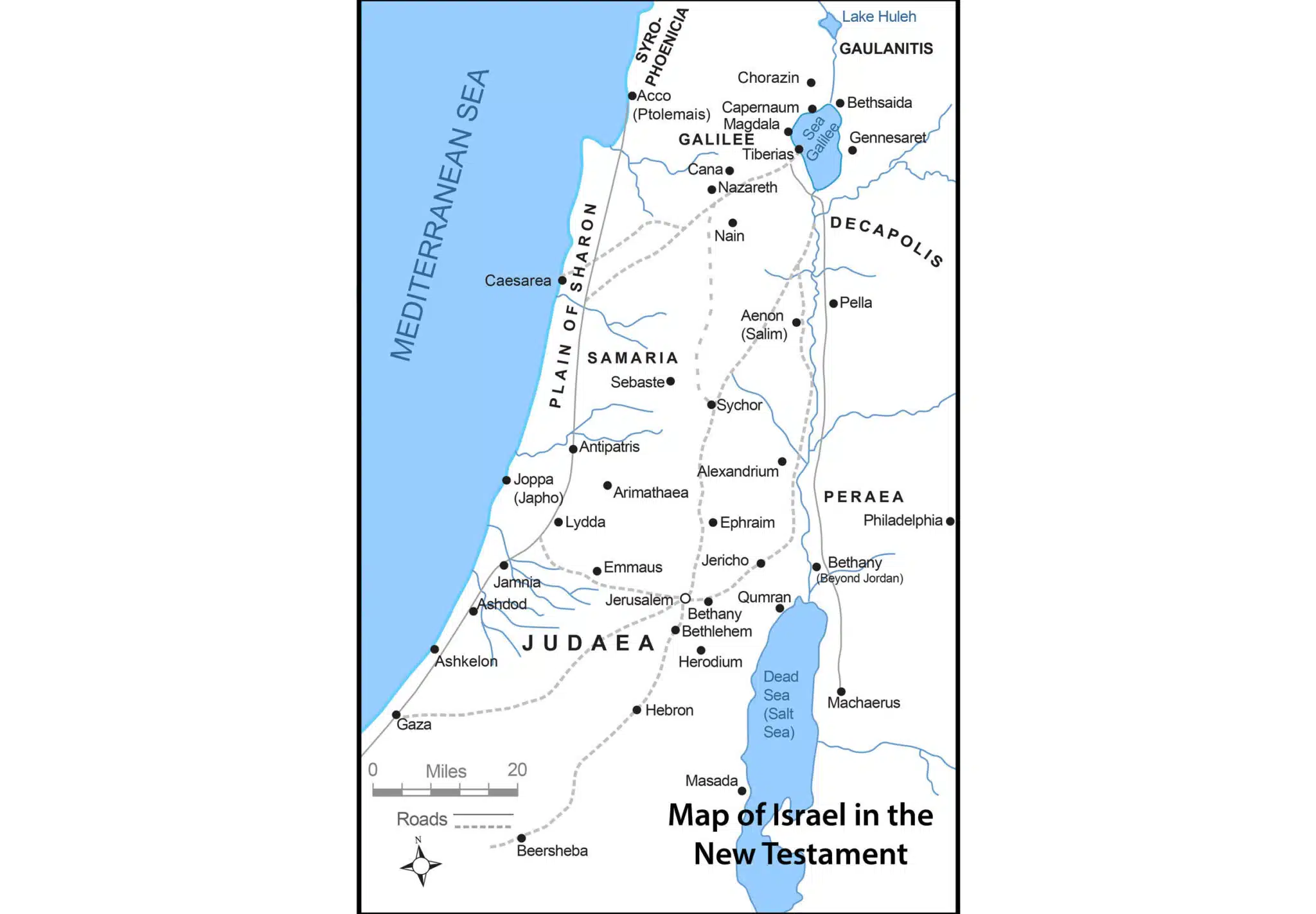In the context of showing how much these little ones mean to Jesus and His Father, Jesus shares that the very reason He came as the Messiah was to save them. He then tells His disciples the parable of the lost sheep as a depiction of His deep concern for these little ones.
The parallel gospel accounts of Matthew 18:11-14 are found in Luke 19:10 and Luke 15:4-7.
Jesus stressed how important each one these little ones is to Him personally. For the Son of Man has come to save that which was lost (v 11).
Jesus used the Son of Man as a Messianic reference for Himself. The Messiah came in order to save these little ones. That’s how valuable each one is to God. Jesus used this exact expression when the short-statured tax collector, Zaccheus repented and restored all that he had defrauded by over-collecting what was due:
“For the Son of Man has come to seek and to save that which was lost.”
(Luke 19:10)
Jesus likely used this expression on other occasions that were not recorded in the Gospels.
After He said this to His disciples, Jesus then told then a short parable in the form of a question and answer. He prefaced the parable with a reflective question. What do you think? He asked His disciples. The Greek word translated as think is “Dokeo” (G1380). It means to “suppose” or “feel.” Jesus was wanting His disciples’ first response to the parable He was about to share.
The parable was If any man has a hundred sheep, and one of them has gone astray, does he not leave the ninety-nine on the mountains and go and search for the one that is straying? (v 12).
Jesus describes a shepherd who owns a hundred sheep. But one of these sheep has gone astray and is lost (v 12). Jesus asks the disciples to consider if the shepherd will not leave his ninety-nine other sheep in a safe place on the mountains in order to go and search for the one that is straying? (v 12). The answer is of course the shepherd would do so.
Jesus continues, and if he finds the lost sheep, won’t he rejoice over it more than over the ninety-nine which have not gone astray? (v 13) This man will be so happy that he recovered what had been lost. He will celebrate that his one sheep has been found.
As the Son of Man, Jesus is our Good Shepherd. This image of Jesus can be seen in passages like Psalm 23 and John 10:14. He too has come to seek and to save that which was lost (v 11). He goes beyond seeking. He will lay down His life for His sheep (John 10:15).
In a different context, Luke records that Jesus shared another version of this parable known as “the parable of the lost sheep” (Luke 15:4-7). It is alongside two parallel parables: “the parable of the lost coin (Luke 15:8-10); and “the parable of the prodigal son” (Luke 15:11-32).
The Jesus summarized the point of His parable. So it is not the will of your Father who is in heaven that one of these little ones perish (v 14). God desires for everyone to be saved (2 Peter 3:9). And God deeply cares about these little ones. The implication for the disciples, and us, is that each of us should care about these little ones too, if we wish to be great in God’s kingdom.
Biblical Text
11 For the Son of Man has come to save that which was lost. 12 “What do you think? If any man has a hundred sheep, and one of them has gone astray, does he not leave the ninety-nine on the mountains and go and search for the one that is straying? 13 If it turns out that he finds it, truly I say to you, he rejoices over it more than over the ninety-nine which have not gone astray. 14 So it is not the will of your Father who is in heaven that one of these little ones perish.
Check out our other commentaries:
-
Deuteronomy 12:8-12 meaning
Moses instructs the Israelites on how they are to conduct their worship in the land of Canaan. They are to bring all their offerings in...... -
Isaiah 53:10 meaning
Isaiah predicts that the Messiah will willingly lay down His life as a guilt offering which will please the LORD. Isaiah also predicts that the...... -
Daniel 8:20-22 meaning
The Vision of the Ram and the Goat Explained: The ram represents the Medo-Persians, who will conquer the Babylonian Empire. The goat represents the Greeks, who...... -
Galatians 1:3-5 meaning
Paul clearly explains the true gospel in the first few verses of his letter. ...... -
Matthew 8:18-22 meaning
As the crowds gather around Jesus, He gives orders to His disciples to go “to the other side” of the sea of Galilee where the......




